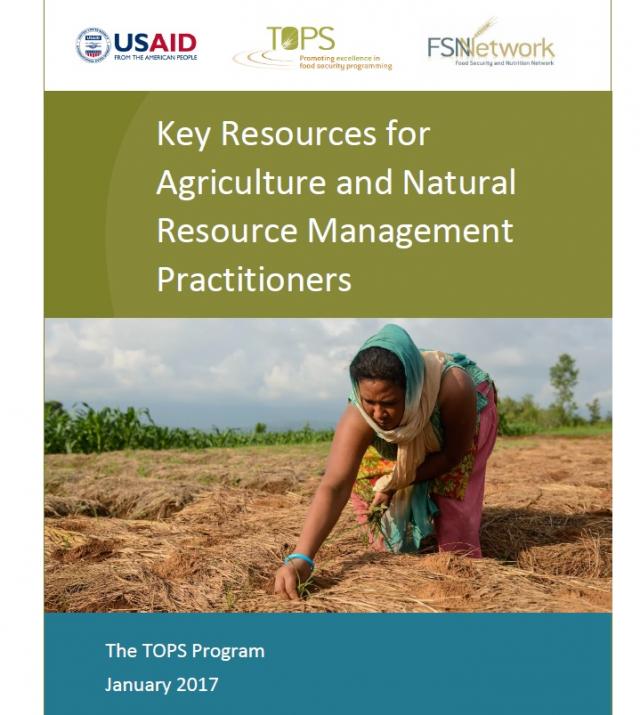Emerging Lessons on Sustaining Rural Water Services in Uganda: A Case Study of Whave’s Preventive Maintenance Model

Abstract
To address the complex challenges of sustainable rural water service delivery, Whave has been testing a model for the provision of preventive maintenance services. Whave’s approach focuses on results-based payment for avoiding breakdowns, rather than payment for repairs. By incentivizing performance, their goal is to establish a system that reduces water source downtime and therefore improves the reliability of water supply systems. Whave is currently operating in more than 400 communities across Uganda. This case study focuses on results in three districts where Whave has operated for more than 4 years, achieving high rates of hand pump functionality — consistently above 97 percent, following the government’s functionality metric — with a short duration for breakdowns (less than 3 days of downtime on average). Sustaining this level of service quality will require a greater share of operations and maintenance (O&M) costs financed by water user tariffs, less from development partner organizations, and increased investment by local and national government to build a professionalized O&M framework. Whave has been successful in designing and implementing a maintenance service model that addresses many key barriers. However, government ownership and leadership in mobilizing public sector resources, combined with community tariff payments, is necessary to sustain the functionality assurance demonstrated.

